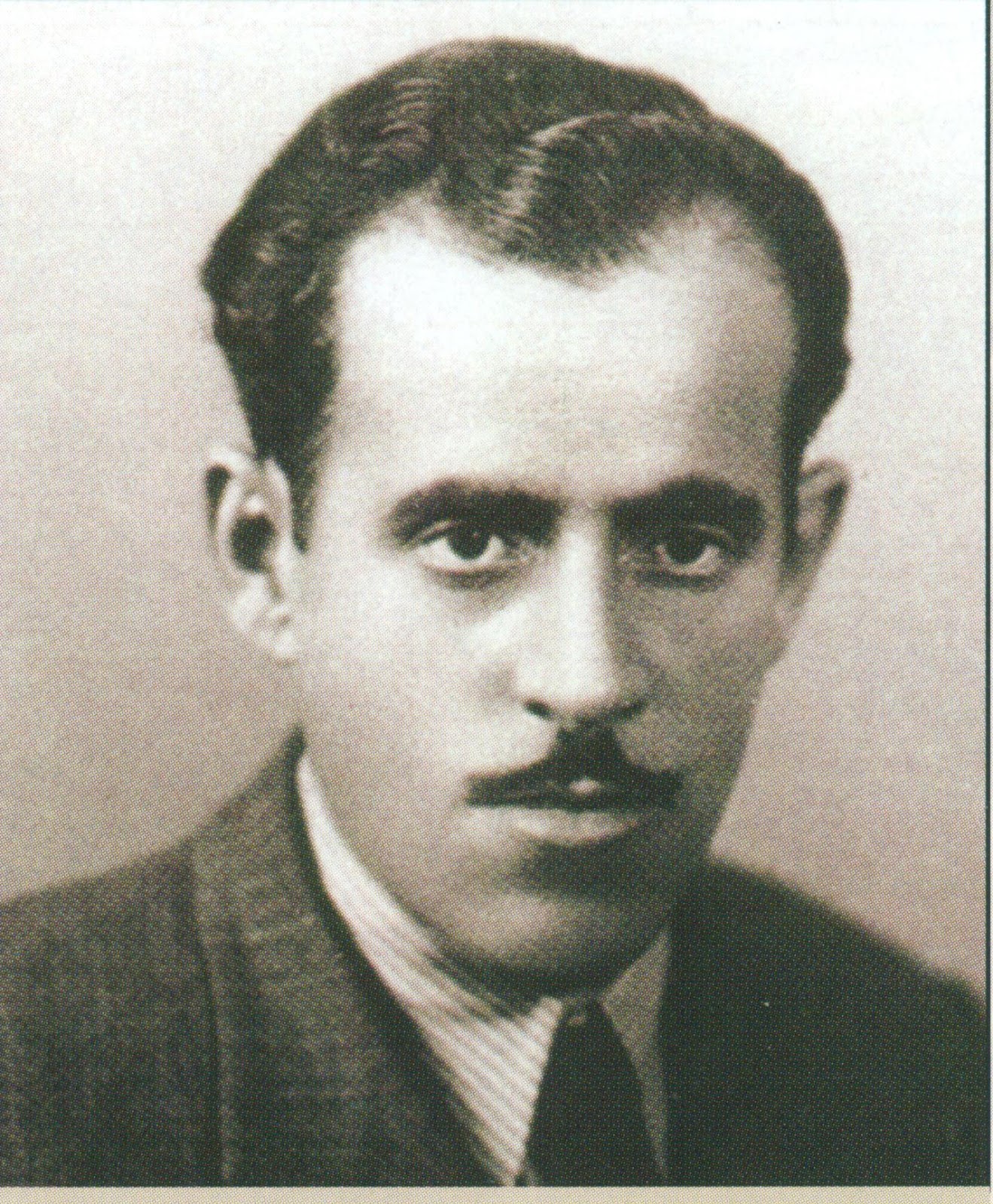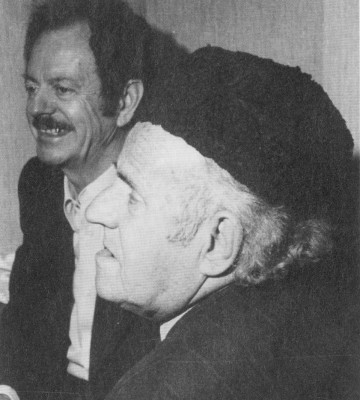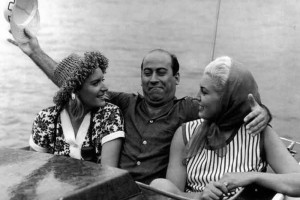
Mention Greek music and most tourists will think “Zorba”. But for Greeks, the sound of the bouzouki usually conjures rebetiko, an urban music introduced by the refugees from Asia Minor. The port city of Piraeus is a large chapter in the history of rebetiko and an important page in that chapter was written in the alleyways of Poros by the blind rebete rhapsodist Dimitris Gogos.
Born in 1903 in Piraeus, “Mitsos” (the familiar form of Dimitris) was the youngest and 22nd child born to Yannis Gogos, a harbor police officer from Poros, and his wife Angeliki, from Hydra. He received formal training as an electrician, but as he stated in a 1972 interview, he considered this secondary to life experience. “I’ve finished high school, I’m not lacking in education, but I have social experience. Because when it comes down to it, reading and writing aren’t important when a person has experience in society.”
Gogos was drawn to music at an early age. “I bought a mandolin when I was seven. In 1910; I think I had paid sixteen drachmas for it. Imagine what times those were. I started playing, just like that, without a teacher or anything.”
He played the mandolin and the guitar until around 1920, before picking up the violin too. In 1924, he started learning how to play the bouzouki and the baglama, a long-necked bowl lute. A year later, he adapted Emmerich Kalman’s operetta Die Bajadere for bouzouki and mandolin. The project earned him the nickname Bayanderas.
In the late 1920s, Gogos began playing the taverns and other Piraeus hangouts of local dockworkers. “[The bouzouki] was the instrument of the underworld. In the tekédhes (underground male-dominated hash dens), you’d see a guitar or a bouzouki hanging on the wall,” he said years later in an interview. “I need to clarify: ‘underworld’ generally means criminals. These guys were hash-heads, but otherwise alright. Family men. Some were fishermen, others cart-drivers.”

Rebetiko was the music of this world. Often compared to the Blues, it’s an urban genre that usually speaks of pain, personal or collective. Bayanderas became a part of rebetiko’s inner circle—Stratos Payoumtzis, Yorgos Batis who hailed from nearby Methana, and especially Markos Vamvakaris. In 1937, he recorded his first song on a Columbia collection entitled “The Tobacco Workers”: it was “The Smoke Woman” and dedicated to his life companion and lyricist Despina Arabatzoglou.

Gogos wrote a number of hits, which remain popular like “I Lived Alone Without Love”, “The Hatzikyriakeio”, and “My Mind Flutters as if Enchanted”. In 1941, around the time the Germans took Athens, Bayanderas went blind, losing his vision from acute angle-closure glaucoma while performing.
But he continued playing throughout the German occupation, mounting his own resistance through songs to boost resistance-fighters morale.
He withdrew in his later years, living in near-total isolation with Arabatzi in their house at Ayios Ierotheos. He died on November 18, 1985, leaving an impressive body of work as his legacy.








